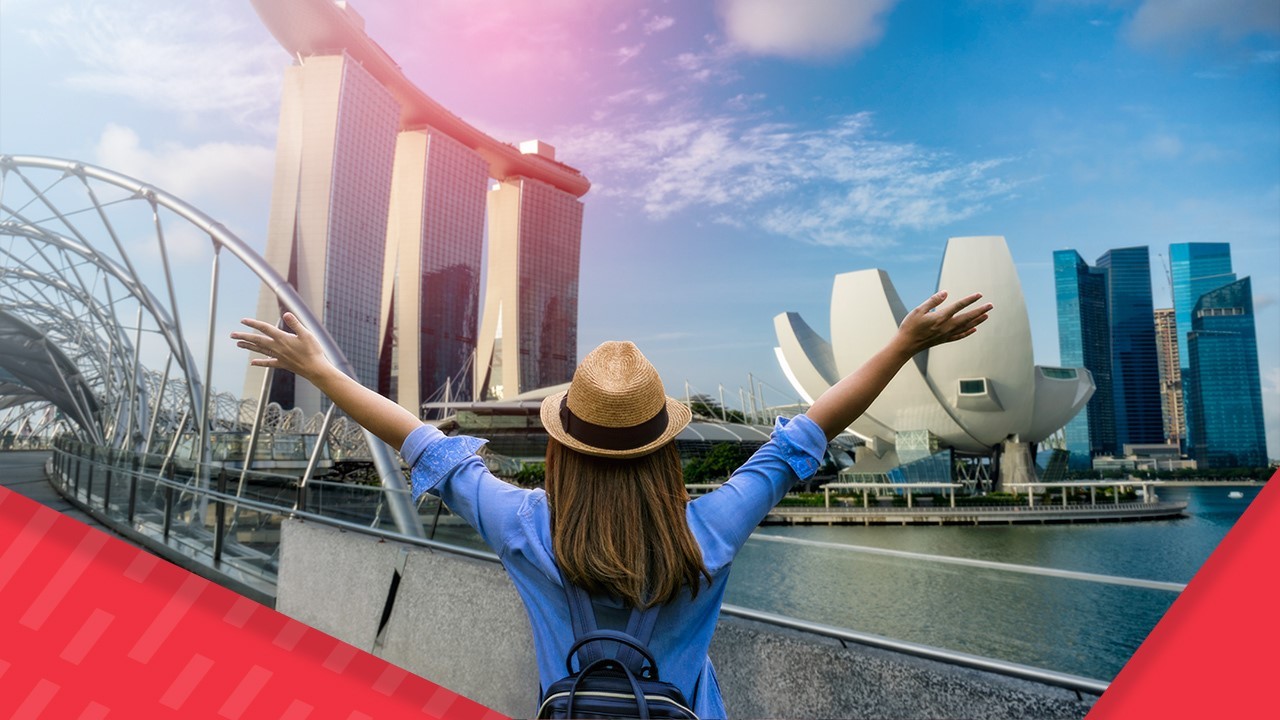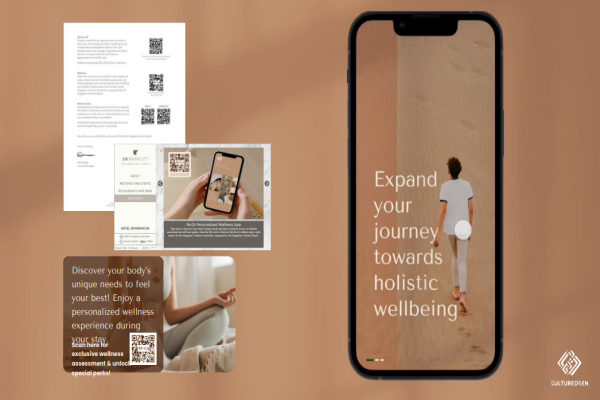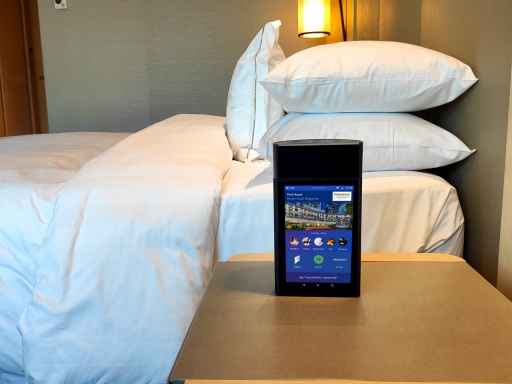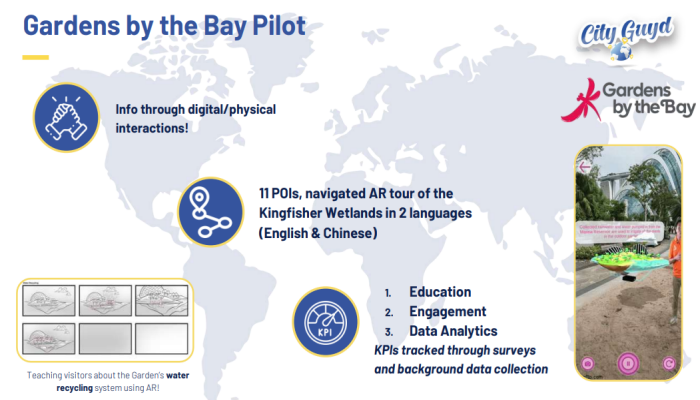
6 min read
While the return of international tourists to Singapore resulted in 1.5 million visitors in the first half of 2022 (12 times more than the same period last year), the tourism sector has been hit yet again with a new hurdle: staff shortages.
The challenge businesses now face is how to boost revenue, with fewer resources?
While most companies are now focusing on attracting more customers to increase revenue, it’s important to keep in mind that the more customers you have, the more you’ll need to spend on physical (such as energy, goods, supplies, etc.) and manpower resources to keep those customers happy. Instead, new technologies and partnerships are helping tourism businesses do more with less.
Here are three ideas that could help you boost revenue and make your customers happier in the process.
Enhanced customer satisfaction through service personalization and value addition
Personalization has become the secret sauce in driving success for hotel services by creating a “win-win” situation for both businesses and clients: the more services and products are personalised, fulfilling the individual needs, goals and interests of customers, the more success those services and products will have.
Tech will be key in driving the movement towards hyper-personalization. AI and machine learning backed devices are helping companies automate and enhance offerings using customer data.
For example, JW Marriott Singapore South Beach conducted a pilot with startup CulturedGen’s Re:Qi wellness app in Q22022. Anchored in the philosophy of Traditional Chinese Medicine (TCM), Re:Qi’s in-depth wellness assessments curate personalised dining, fitness, spa and self- care recommendations connecting hotel amenities with guests’ unique wellness needs and goals. A cohort of Singapore Tourism Board’s Accelerator Programme (STA), CulturedGen aims to help increase JW Marriott Singapore’s hotel guest spend in a scalable way.

PARKROYAL on Beach Road has found that, with the help of AI, they can personalise the guest experience further, while putting less pressure on staff. They are in the midst of conducting a pilot with a cohort of Singapore Tourism Board's STA, WooHoo, an AI voice assistant. With this technology, guests can access a wide range of hotel services and amenities from requesting extra linens to ordering room service to booking spa treatments, all on one in-room tablet.
WooHoo will now be able to send personalised promos and offers to each guest using an AI-based campaign generator which compares and matches historical orders and can send similar offers to identical guest profiles. Hotel management can also measure the success of these automated offers compared to promos and offers being sent manually to guests.

Partner up
Cross bundling, or cross selling, has been a huge trend in Singapore’s tourism industry for the last few years, starting with the Singapoliday campaign in late 2020. By partnering with local hotels, attractions, restaurants, shops, you can offer your customers bundled promotions that give them access to experiences your business may not be set up to provide.
The Grand Hyatt Singapore recently hosted the Recharge Retreat to help hotel guests learn mindfulness and conscious living. Thanks to the close partnership with other wellness brands, namely Headspace, guests had the opportunity to experience guided meditations. The hotel also partnered with Kydra, a popular activewear brand in the city, to create a two-day wellness retreat that features guided tai chi, sound therapy classes, a fitness workout and workout set.
Don’t want to go through the hassle of developing partnerships?
Another cohort of Singapore Tourism Board's STA, UK-based Holibob, opens up a world of curated experiences for travellers, tour operators, travel brands, and DMOs. Their team takes the work out of your hands by seamlessly integrating their platform and selecting the right experiences and channels for your customer base.
Introduce more interactive experiences
Immersive experiences, such as AR and VR tours, also allow you to offer exciting new tourism packages, even if you’re facing staff shortages. As has been claimed by Sandra Carvao, a Chief of Marketing Intelligence and Competitiveness at UNWTO, social media surveys ran by the organisation have shown that travelers are eager to post about immersive travel experiences among their circles which works effectively for the tourism industry.
The added benefits of immersive travel experiences include personalization, self-pacing characters of tours, but also social distancing. What’s more, according to Liz Ortiguera, CEO of the Pacific Asia Travel Association (PATA):
“Social media surveys have shown that travellers who have immersive experiences are more likely to post about them, which is good for the industry.”
Adopting this technology also doesn’t have to come at a major expense for businesses. For example, a cohort of Singapore Tourism Board’s STA, CityGuyd’s AR based app provides travellers with virtual tour guides, allowing them to choose from a variety of self-paced tours. The Gardens by the Bay has teamed up with the company to build a digital, social distance friendly tour. The pilot is aimed at giving visitors a better understanding of the organisation's sustainability initiatives, while increasing visitor engagement, satisfaction, access to information, and ease of wayfinding.

Don’t miss a chance to read more about immersive experiences in our in-depth piece.
Technology will be a key driver in helping tourism businesses recover and scale after Covid-19, in spite of resource constraints. STB welcomes Singapore tourism organisations to take part in the upcoming STA programme and get the chance to partner with innovative technology providers and testbed new concepts. Find out more about the Singapore Tourism Accelerator at go.gov.sg/sgtourismaccelerator.

